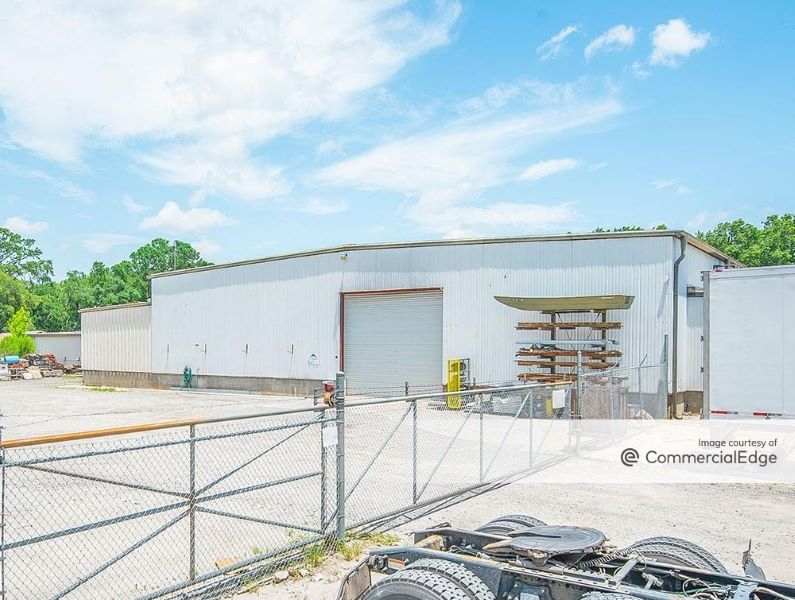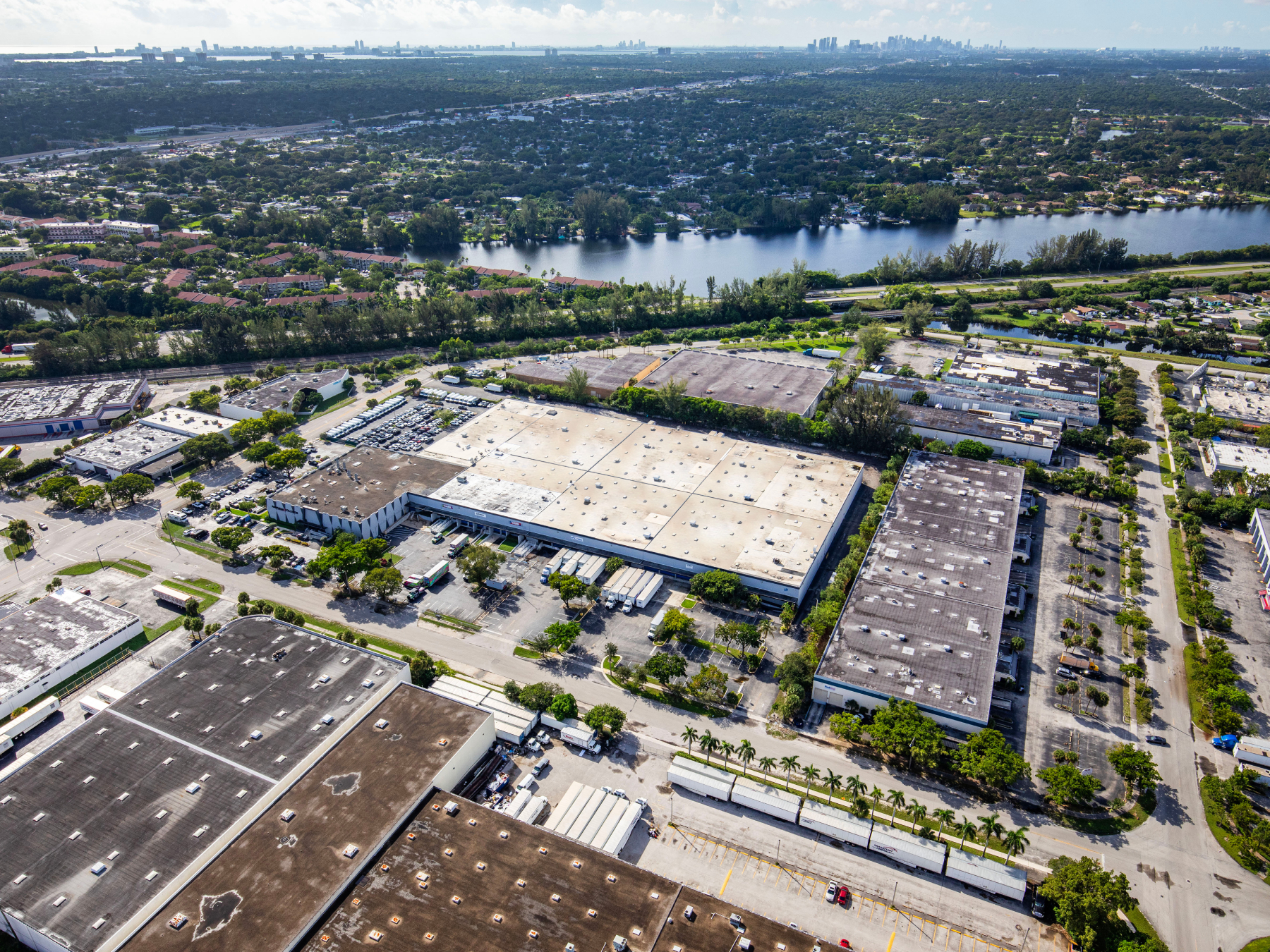Is CRE Asking the Right Questions About Smart City Investment?
City governments are increasingly sourcing private capital for smart city initiatives, but commercial real estate developers and investors want to know: How do we benefit? Deloitte’s Steven Bandolik and Josephine Tucker examine this issue.
Smart cities are trending and it’s easy to see why: An estimated 3 million people move to cities each week, and by 2050, urbanites are expected to outnumber their rural counterparts by a factor of 2:1.
While the public sector has historically been the first choice to address the challenges growing cities create, governments are burdened by limited budgets, with only 16 percent reporting the ability to self-fund infrastructure projects. As a result, many cities are increasingly turning to the private sector to help finance smart city solutions.

Steven Bandolik. Photo courtesy of Deloitte
The European Commission reports that just 10 percent of smart city and community projects are funded by private sector dollars, non-inclusive of public private partnerships. Why so low? Often, proposals do not sufficiently answer the question of ‘how do we pay for this’ or articulate the investment case in a way that resonates with private developers and companies. In other words, the business model, cost and revenue structures, risk transfer potential, and other key investment criteria may be ill defined or absent.
Subsequently, companies may either jump into a risky investment or miss out on the potential upside of an opportunity, including access to government-owned assets with strategic locations and the ability to tap into new technologies and their user data with risk pooling.
As more businesses, including CRE firms and investors, are approached to underwrite smart city initiatives, it will be critical to ask probing questions about project financing to help understand the project and its value, including:
What is the risk transfer potential?
Usually there is a premium associated with private-sector financing due to the amount of risk transfer associated with smart city projects. Sometimes this is done via shadow tolls, e.g. payments made by the public sector to the private sector to offset assumed risks. It will, therefore, be important to determine who will assume any associated risks and how those will be compensated within the project plan.
Has an inventory of assets been developed?

Josephine Tucker. Photo courtesy of Deloitte
Interest is currently high in asset recycling, in which underutilized government assets, including physical properties, are swapped or shared to maximize their economic potential. Knowing which assets can be repurposed as part of a project could potentially unlock additional value for private organizations eager to maximize a smart city investment.
What will the cost and revenue structures look like?
Monetizing the value of a projects’ assets and delivery is important, especially considering the types of fee structures common to smart city initiatives. Cities may pay private companies rate type payments, collected from the public, to compensate for utilities usage, or private companies may owe a city a portion of revenues derived from smart city-related campaigns, like advertising. Either way, smart city planning can open the way for unprecedented opportunities, increased productivity, and out-of-the-box revenue streams worth exploring when evaluating investments.
What kinds of returns could we expect to see?
Given that ROI is hard to calculate for smart city projects, a more appropriate question may be ‘what new value chains will arise from the project, such as advanced technologies?’ Depending on the nature of the smart city project, companies can, among other things, monetize public user data, capture more foot traffic from guaranteed high density of demand in strategic site locations, or generate advertising income from new infrastructure.
Of course, smart city projects have the potential to yield far more than financial benefits, with one of the greatest being the ability to utilize private capital for public good. The challenge will be to ensure that we create a better avenue for private capital to access those assets in order to drive both social good and investment outcomes going into 2020 and beyond.
Steven Bandolik is a managing director with Deloitte Services LP and a senior leader in Deloitte’s real estate practice. Bandolik advises clients in capital markets (debt and equity), corporate finance, mergers and acquisitions, investments, strategy, restructuring and reorganization, and asset recovery. Bandolik brings more than 35 years of effective, hands-on real estate investment, finance, development, and asset/property management experience, both as a leader and as a strategic advisor.
Josephine Tucker is a Deloitte Risk & Financial Advisory senior manager with Deloitte Transactions and Business Analytics LLP and part of the Infrastructure and Capital Projects Advisory team with Deloitte’s Government Public Services Practice. She leads Deloitte’s Infrastructure Incubator, helping cities transform their most critical infrastructure projects toward bankability, helping them identify funding solutions and create lasting economic impact. She has 10 years of experience in economics and finance, working with government and private sector clients to help them identify, prioritize and fund major infrastructure investments.







You must be logged in to post a comment.